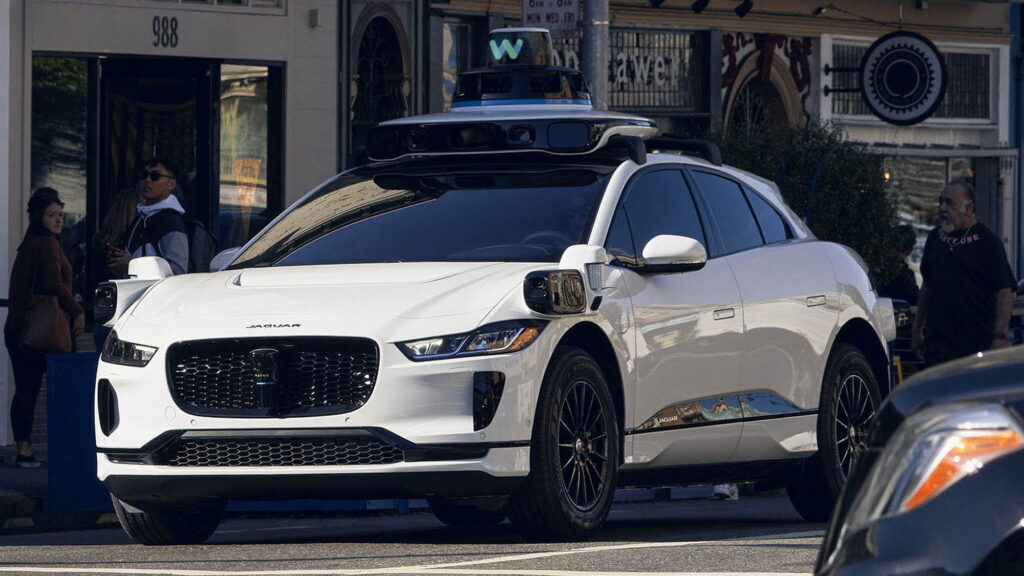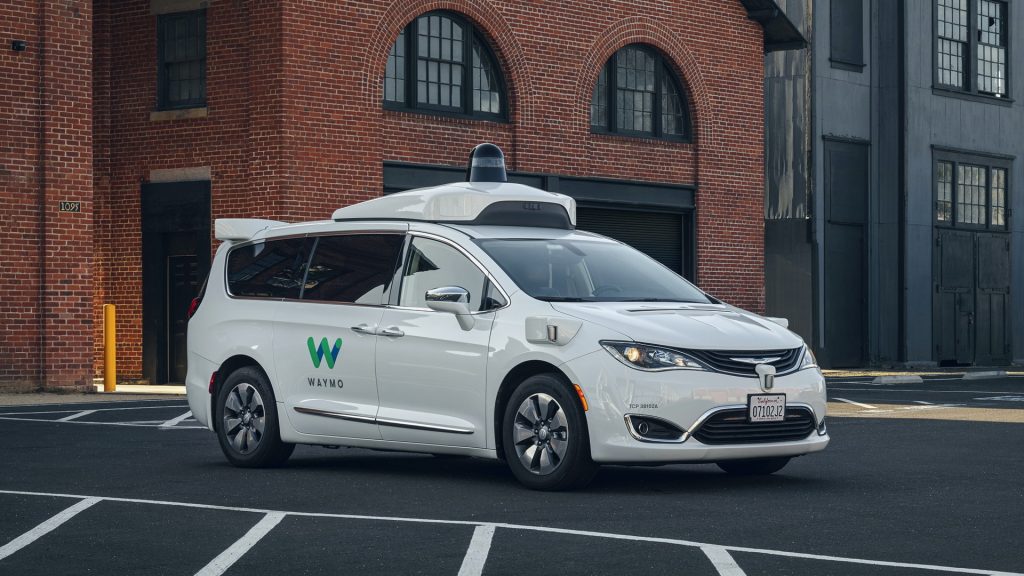Police have new eyes on the roads and they’re in the form of self-driving cars like those operated by Waymo and Cruise. Treated as surveillance cameras on wheels, these autonomous vehicles record countless hours of footage as they drive around. How authorities use that footage is largely up for debate.
In February of this year, a San Francisco jury delivered a guilty verdict for the murder trial of Clifford Stokes. Before they could convict Stokes, police needed more evidence and they looked to Waymo to provide it. During its investigation, police noticed a fleet of Waymo autonomous vehicles in the area.
To that end, they served Waymo with a warrant for hours of footage in relation to the murder of Ahmed Yusufi, an Uber driver killed between shifts. Moves like this one from police are kicking up questions about how ethical it is that police have access to this footage.
Read: Tesla’s Full Self-Driving Version 12 Will Leave “Beta” Behind

“We carefully review each request to make sure it satisfies applicable laws and has a valid legal process,” Waymo said. “If a request is overbroad (asks for too much information), we try to narrow it, and in some cases we object to producing any information at all.”
In addition, it said that it often blurs license plates and faces of people “in order to protect the privacy of bystanders who may appear in the imagery that’s requested by the warrant.”
Despite that, Bloomberg notes that at least two of the police warrants it reviewed made mention of that practice before requesting “a true and accurate depiction of the vehicle’s recordings.” For Cruise’s part, it seems to have a similar view in terms of protecting privacy.
“Privacy is extremely important to us, which is why we disclose relevant data only in response to legal processes or exigent circumstances, where we can help a person who is in imminent danger,” it said in a statement.
Matthew Guariglia, a policy analyst at the Electronic Frontier Foundation, laid out the big issue: “With the lack of consumer privacy protections that we have in the US right now, companies are able to collect as much information as humanly possible.” For the time being, authorities can continue to leverage that lawful entry into the private lives of many.





